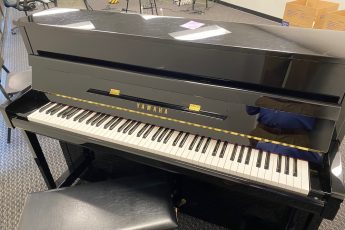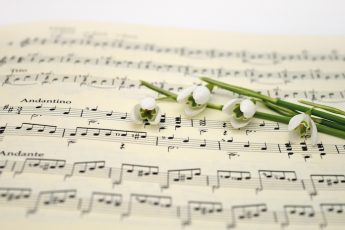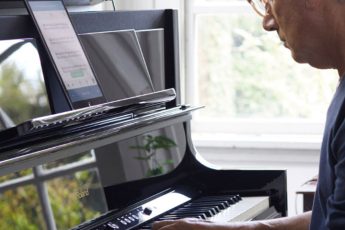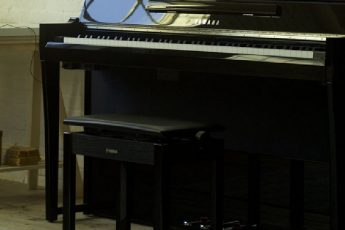The Fall Certified Used Piano Clearance
... Read More
The Top 5 Benefits of Bluetooth Technology in Pianos
As you know, Bluetooth technology is everywhere these days. You’ve used it for hands-free calls, or with your wireless keyboard. Bluetooth’s applications in a piano, however, are far more diverse,...... Read More
Music Lessons at the Workhouse Arts Center!
The new Jordan Kitt’s Music School at the Workhouse Arts Center is now enrolling for the fall semester! We have an expanded offering in both our teachers and classes to...... Read More
Yamaha Summer Clearance!
It’s the huge Yamaha Summer Piano Clearance at Jordan Kitt’s Music! Save $200 to $5,500 on a huge selection of grand, upright & digital pianos from the world’s most famous...... Read More









